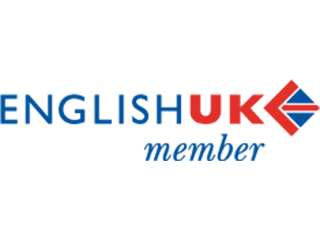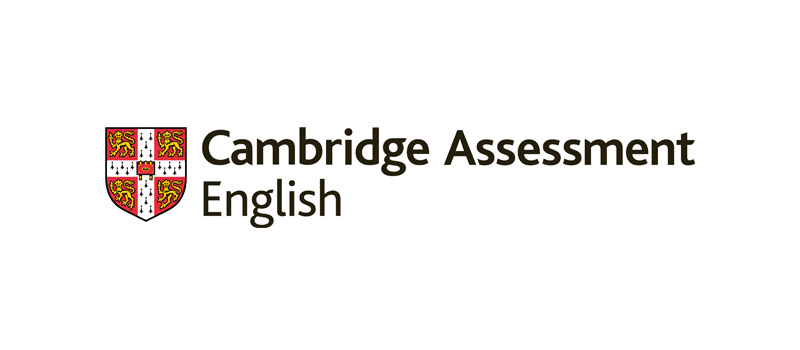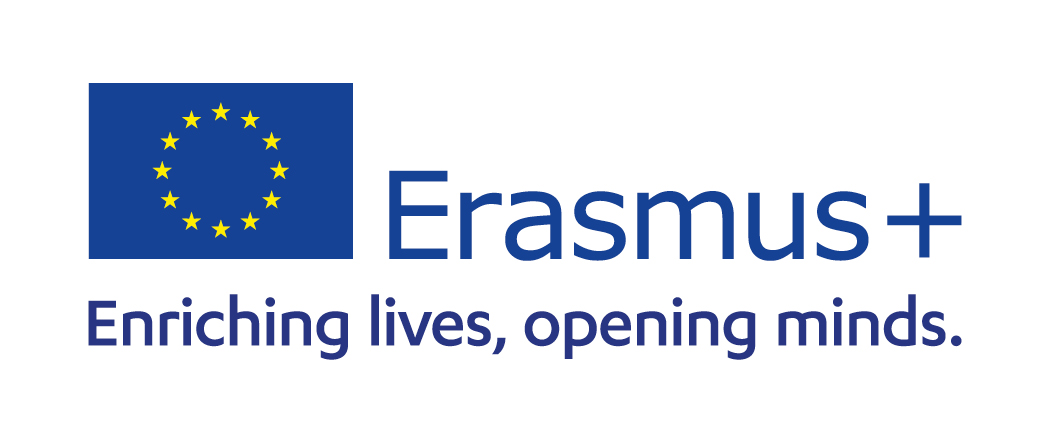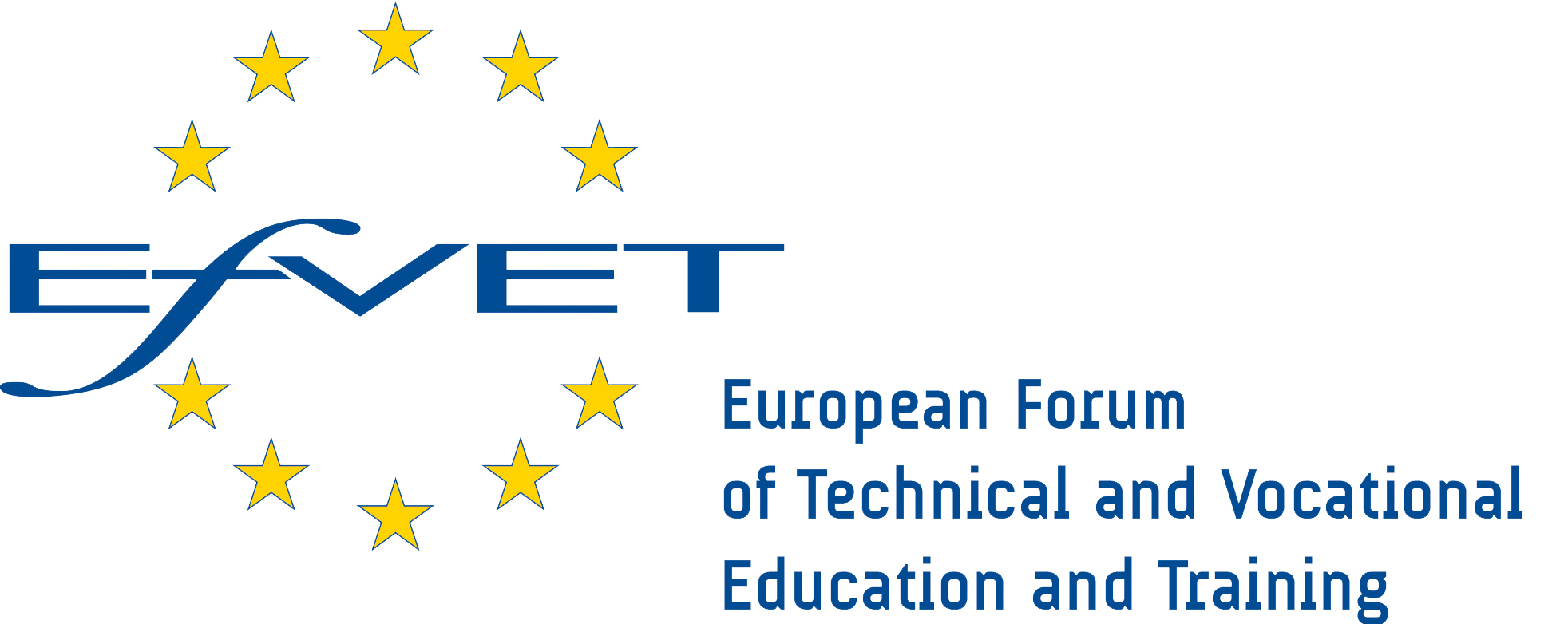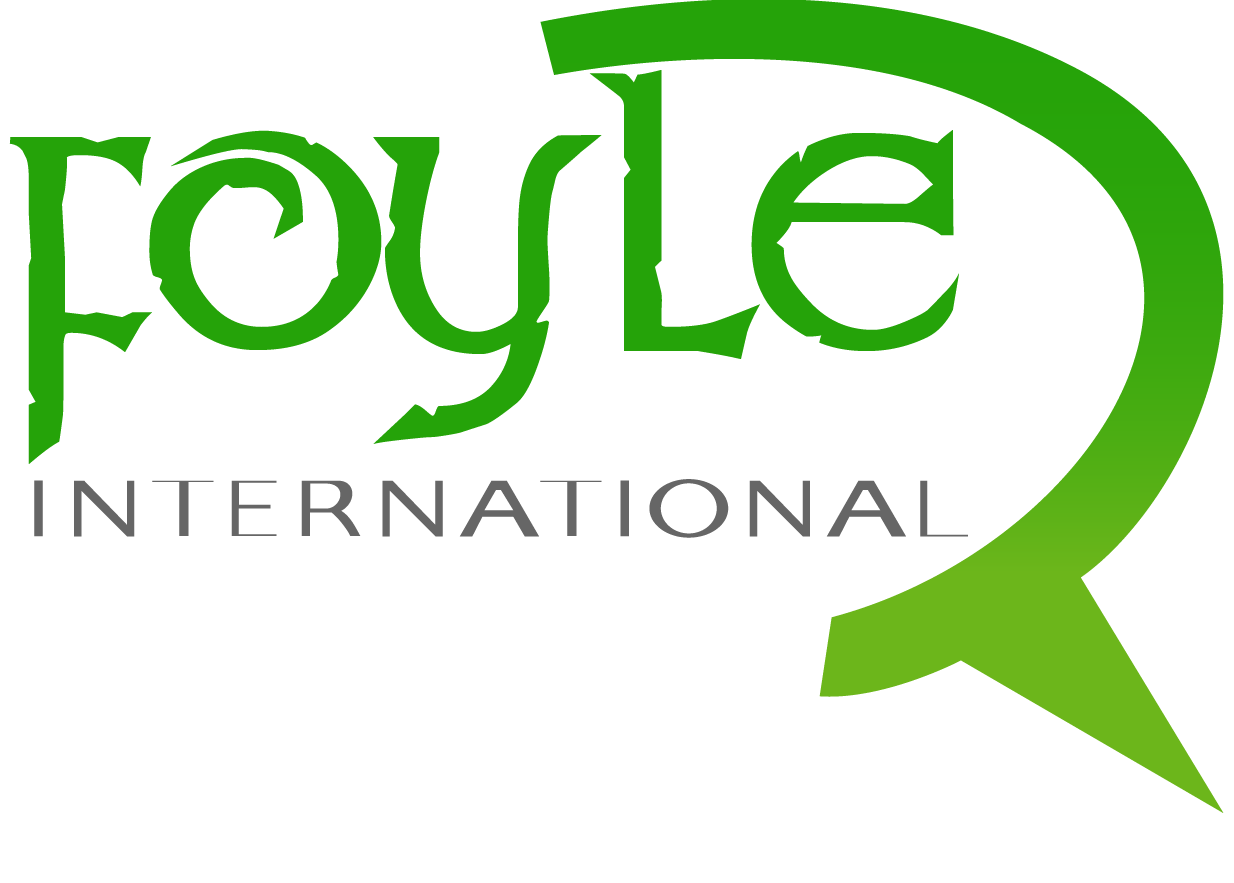TEFL or CELTA – What is the difference, and what is best?
TEFL stands for Teaching English as a Foreign Language and is the umbrella term for many different types of courses that prepare you to teach English. CELTA is one type of TEFL course. Firstly, we’ll look at TEFL courses in general before looking more in-depth at the CELTA course.
Which course? There are so many to choose from!
Just as if you decided to learn to cook, there are hundreds of different cookery courses for you to choose from. Some courses are short introductions or focus on one area of cookery while others are longer and are more in-depth. Some courses provide demonstrations but offer no practice, but other courses do both. Courses can be online, face-to-face or a combination of these. You could do a cookery course that offers in-house certificate by the provider, or you could decide to look for an internationally recognized certificate, diploma or degree that would take you further afield and offer wider opportunities.
And the same goes for TEFL courses, there are hundreds to choose from, this makes it all very confusing!
TEFL tourism
On top of this is TEFL tourism – this is a growing sector which offers “package deals” often combining an online TEFL course with work placements and exciting holiday experiences abroad. While these can have instant appeal, especially to those who are eager to travel, the teaching qualification within the package does not always mean that you can get work outside of that organization or group of schools, and it almost certainly means you will not be able to teach in every country, including the UK and Ireland, or in the “better quality” or accredited schools worldwide.
This means that if you wish to pursue teaching as a career, or if you simply wish to work for schools or organizations that offer better pay and contracts, then you will need to get a reputable and recognizable qualification.
TEFL courses vary considerably in what they offer
TEFL courses vary considerably in duration and price, and whether they offer any face-to-face classes, or most importantly, if they provide actual teaching practice. Cheaper courses tend to be shorter (10 hours upwards), or online, or with very little, if any, real teaching practice. While all TEFL courses will teach you something, and while all have some merit, what good employers look for are teachers who they know are able to stand in front of a class and to deliver well-planned and useful lessons. And, students want this too!
CELTA – hands on teaching experience
What a CELTA certificate flags to employers is that you are able to do just that. If you choose CELTA as your TEFL qualification, not only will you be gaining the most internationally recognized certificate accredited by Cambridge ESOL, you will get to turn all the theory you learn into practical skills by teaching real English language learners for a minimum of 6 hours. You tutors will observe your teaching and offer you feedback and advice so that, by the end of the course, you are ready and able to apply for the better TEFL jobs the whole world over, and to get them!
If you are considering teaching English and would like advice on CELTA or other TEFL courses, then feel free to contact us. We have a team of experienced, well-travelled TEFL teachers and teacher trainers who are happy to answer your questions. We can also advise you on the job opportunities available to our CELTA graduates.
For more information, please get in touch with kelley@foyle.eu or give us a call on +44 (0) 28 71 371 535




